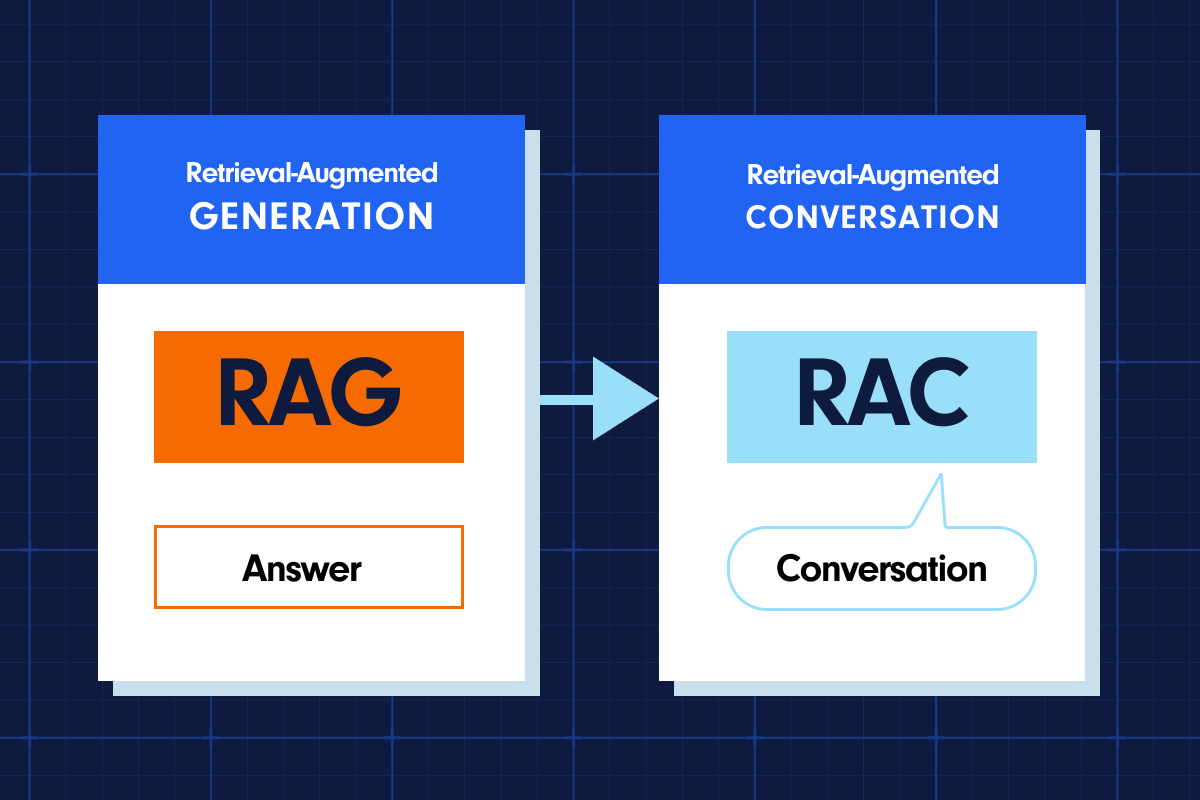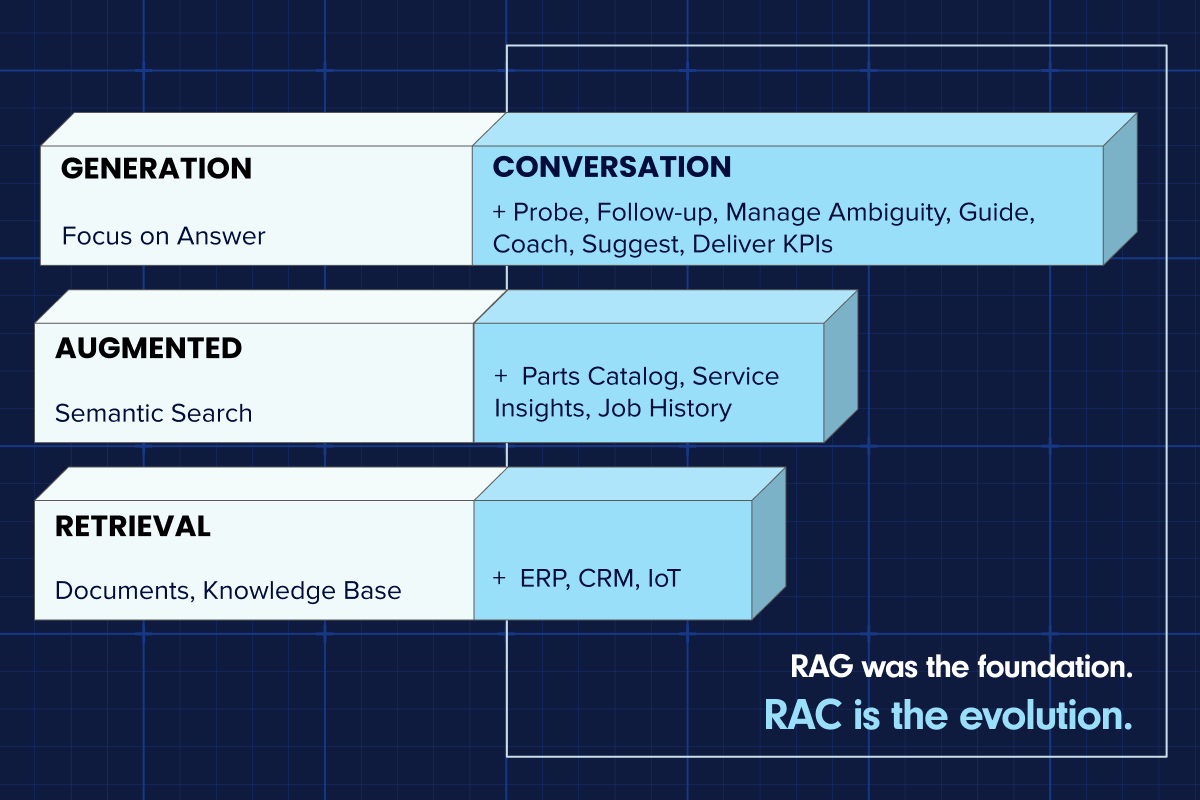Here’s what makes an SME an SME, and how to capture and distribute organizational expertise to create an empowered, expert service team.
Every service organization has a handful of standout experts. Colleagues and managers know exactly who they are, and have them saved as favorite contacts. These go-to subject matter experts (SME) are overwhelmed, and their overflowing voicemails and inboxes reflect how sought-after and respected they are.
But popularity comes at a price — experts can’t be in the field doing what they do best and simultaneously training new and less skilled employees on best practices, too. And with baby boomer technicians retiring in droves, it’s more critical than ever for service leaders to capture and distribute their knowledge across teams.
So how exactly did these SMEs obtain such mastery over their domain, and can we recreate these traits in others?
They’ve gone beyond documented knowledge
Your best employees hold seemingly-endless knowledge about your brand, specific technical information, the industry, and customer preferences. It’s not unusual for these SMEs to have information that doesn’t show up in training manuals and knowledge bases.
For the most complex situations, we’ve even heard field service pros say that it’s faster to track down the one expert who can solve even the most archaic problems, even if they are on vacation on a tropical island than it is to send a team onsite. That’s problematic.
This makes SMEs a priceless asset to your business, but a few people can’t be everywhere at all times. Too often, service organizations rely heavily upon a small number of experts, which isn’t sustainable and leads to conflicts. The problem becomes even more pronounced as organizations grow and realize they can’t scale if they lack expert resources.
What Makes a Great Subject Matter Expert?
It’s More Than Just Length of Tenure That Creates an SME
As more Baby Boomers retire in the coming years, the brain drain, heavily anticipated by field service analysts over the last decade, is coming to fruition. But all is not completely hopeless, as the length of tenure alone does not guarantee an employee will become a go-to expert.
Standout SMEs may have honed their skills over 20 years on the job, or have picked up skills quickly compared to the rest of the team. So how exactly did they become walking encyclopedias? Shadow an SME for a few days and you’ll see they ask a lot of strategic questions.
SMEs are expert problem solvers
While veteran employees definitely tend to have more tribal knowledge than newcomers, the most knowledgeable employees have a magic quality that guides them to ask the right questions to address immediate needs, while also engaging in conversations that provide them with long-term knowledge, too.
In addition, they know who to ask, or what to Google, to arm themselves with the kind of knowledge that, unfortunately, isn’t typical among the rest of the workforce.
These deeply curious, lifelong learners aren’t just good at their job, they are astute problem solvers who:
-
- First attempt to define and classify the problem, which leads to a quicker resolution.
- Systematically approach challenges, evaluating whether the job calls for the most complex scenario, or if a more simple, straightforward approach will solve the problem.
- Innovate by considering solutions that may be outside of the typical playbook when necessary.
- Hone communication skills, enabling them to work with a wide range of employees, customers, vendors, and management, to ensure they are exposed to as many viewpoints and scenarios as possible.
How to Become a Subject Matter Expert
SMEs Can be Developed Over Time
With the right tools, it’s possible to train your workforce to adopt these skills, guiding new and tenured employees on how to think and react like your most valuable SMEs. AI technology is key to capturing siloed tribal knowledge and making that knowledge accessible across your workforce, empowering less tenured employees with the wisdom of your experts.
Aquant’s Intelligent Triage provides uses historical data, including technician notes and other free text, and tribal knowledge, captured from SME feedback and turns that data into prescriptive, actionable insights for the entire team. This augmented intelligence framework:
- Creates a dynamic, user-friendly tool that gets smarter as more information is added.
- Enables complex problem solving that goes far beyond a simple question and answer and does so by using historical data and human knowledge to quickly connect the dots.
- Works with your experts who assess and improve the solutions offered, fine-tuning results.
- Gives all employees equal access to information. The natural language processing technology understands what you mean regardless of phrasing — helping minimize the knowledge gap between Boomer and Millennial employees.
- Imparts domain expertise on newer employees in a matter of weeks, walking them through the process of problem-solving in a way that teaches them how to think like an SME.
Download our e-book, Solving the Millennial Skills Gap with Artificial Intelligence, for more details on how to capture and communicate organizational wisdom across your service team.
Request a demo to learn more about how our tools can aide your business in achieving its goals and training future subject matter experts.








